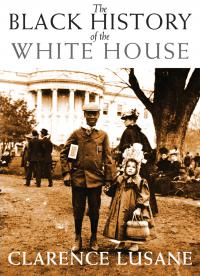Modern-day delta storyteller & author of “I See the Promised Land,” Arthur Flowers performs sections from the book & and describes how his collaboration with a Patua scroll-painter from Bengal came about.
Monthly Archives: February 2011
Black History Meditation: Remembering The Presence Of Our Ancestors
“Our nation has need of tears, tears for all those lynched, maimed, whipped, shamed, and debased by our history of race hatred. Our country has need of tears for those who suffered and for those at whose hands they suffered. For they, by denying the humanity of others, denied their own. We remain connected to the past by memory, and the nation, like individuals, must come to terms with the past. There is a way out of the evasion and willed amnesia of our racial trauma — listening to the voices of our ancestors, expressed in story, song, sermon, and texts, offers one such way as a telling of memories, an expression of mourning, and, by means of listening and mourning, to begin the process of healing the wounds, personal and social, inflicted by racism. ”
Albert Raboteau
Author, ‘Slave Religion: The ‘Invisible Institution’ in the Antebellum South’
Speak Out : “The Black History of the White House”
“Official histories of the United States have ignored the fact that 25 percent of all U.S. presidents were slaveholders, and that black people were held in bondage in the White House itself. And while the nation was born under the banner of “freedom and justice for all,” many colonists risked rebelling against England in order to protect their lucrative slave business from the growing threat of British abolitionism. These historical facts, commonly excluded from schoolbooks and popular versions of American history, have profoundly shaped the course of race relations in the United States.
In this unprecedented work, Clarence Lusane presents a comprehensive history of the White House from an African American perspective, illuminating the central role it has played in advancing, thwarting or simply ignoring efforts to achieve equal rights for all.”

